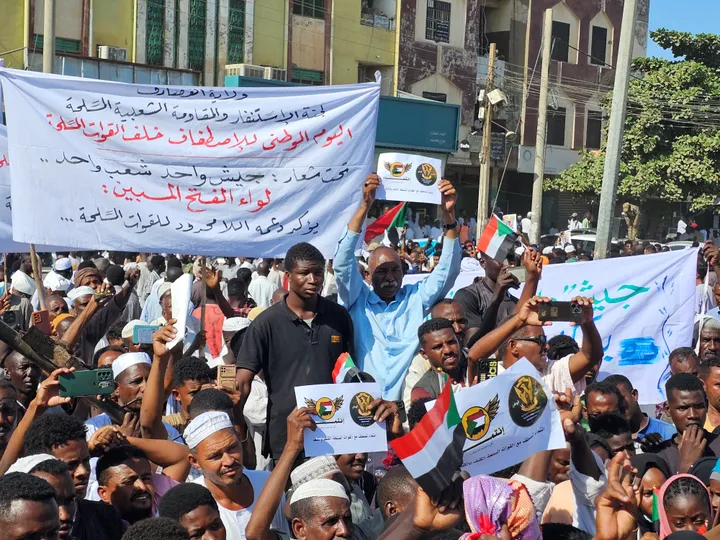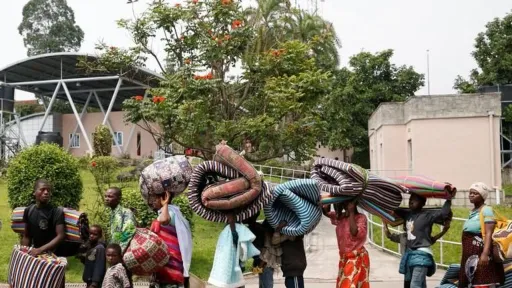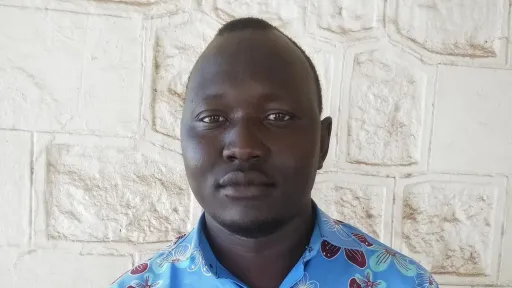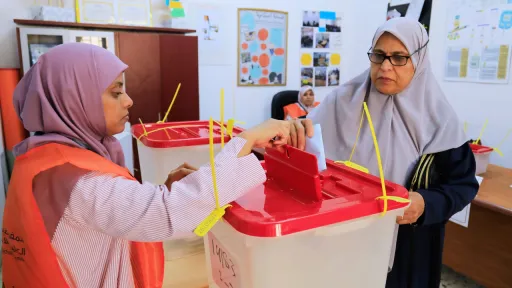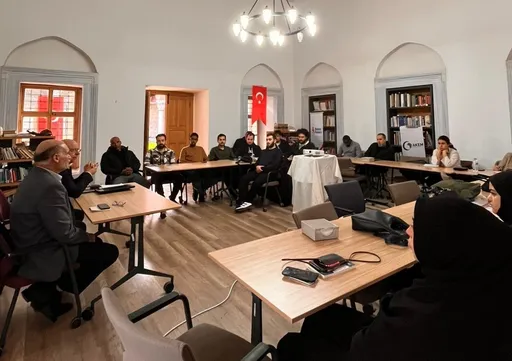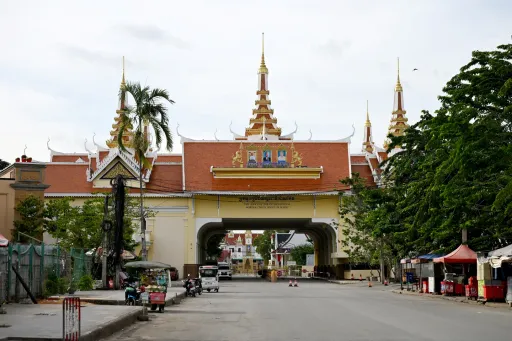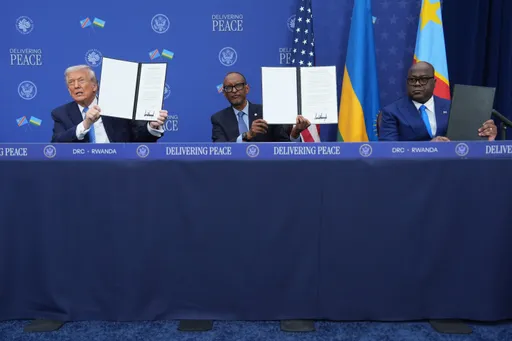By Abdulwasiu Hassan
This week’s coup d’Etat in Niger, starting with soldiers assigned to guard President Mohamed Bazoum detaining him, has resurrected concerns about relapsing of coups in Africa.
Although African governments getting overthrown in coups are thought to be a thing of the past, enough has happened in the continent in the past three years for the reverie to be broken.
Between 2020 and now, Africa has had 10 completed or attempted coups. The affected countries include Sudan, Chad, Burkina Faso, Mali, Guinea, Guinea–Bissau, and now Niger.
The head of Niger's presidential guard, General Abdourahamane Tchiani, appeared on state television on Friday as the new leader of the country following Wednesday’s coup d’Etat.
Sentiments
The reason given by the soldiers taking over, are mostly about the government's alleged failure to discharge its responsibilities.
They argue that the germ of the coup stemmed from “continuous deterioration of the security situation, the bad social and economic management.”
This echoes the sentiment of the soldiers who had staged the August 2020 coup that toppled the government of ex-President Ibrahim Boubacar Keita of Mali.
Those who would take over the government of former President Alpha Conde of Guinea a year later, in 2021, would express the same sentiment.
"If you see the condition of our roads, of our hospitals, you realise that it is time for us to wake up," said Colonel Mamady Doumbouya, who overthrew Conde's government.
The principles of democracy, as espoused by activists and political scientists, militates against the common refrain of those involved in overthrowing governments in Africa.
"In the past (60s to 80s), the typical reason the coup plotters would give is political instability and electoral fraud," said Dr Aminu Hayatu of the department of political science at Bayero University in Kano, Nigeria.
"These days, they don't talk much about electoral malpractice. Rather, they talk about cost of living and the crises people are dealing with."
Dr Hayatu explained that even those involved in the coup d’Etat in the Republic of Niger did not attribute their actions to electoral fraud, or any political crisis as such.
Larger implications.
Analysts see the resurgence of coups d’état in Africa as a regressive phase that could potentially peg back the continent by years, if not decades.
“As a subregion, it (the return of coup plots) has already taken us back from where we were a few years ago," Idayat Hassan, senior associate (non-resident) at the Centre for Strategic and International Studies, told TRT Afrika.
Analysts believe a coup plot isn't a quick fix for any economic problem. “The hardship that people are running away from will come back because the coup plotters do not have a history of following rules that will ensure service delivery," Dr Hayatu said.
“If this trend continues in African countries, human rights violations will be widespread," he warned.
According to Dr Hayatu, democracy goes hand in hand with people's views, election of people's representatives, and working for the people.
“And if governance is going to be left to the minority military, you know that since they are not elected, they will only do what they like," he said.
Stemming the tide
Aside from efforts being made by regional bodies like the African Union and the Economic Community of West African states to stop the resurgence of coups in the region, analysts believe Africans need to take ownership of democracy for it to thrive.
“The minute citizens stop fighting for democracy, the minute they stop pushing for it, the idea itself is definitely in danger," Hassan told TRT Afrika.
"We must make citizens understand the value of democracy themselves. We must make citizens the owners of democracy – the ones who will actually be able to protect their own democracy," she said.
Some advocate the political class needs to work on rooting out the cited rationale behind every military coup. This entails taking steps to remove discontent that soldiers might use as justification for participating in a coup.
Dr Hayatu suggests that politicians should also learn lessons from the resurgence of coup in Africa.
‘’Things that create an opportunity for this (coup), going by the complaints of the soldiers, have some element of truth in them," said Dr Hayatu.
"Politicians should know the pulse of the masses. If the poor don't have these complaints, it will be difficult for a coup to succeed."

